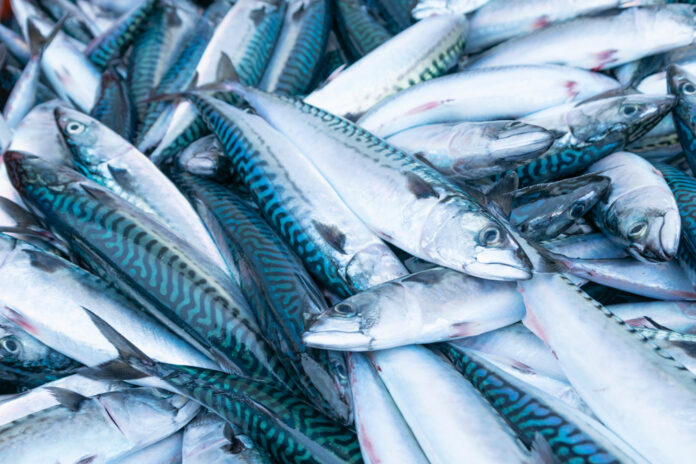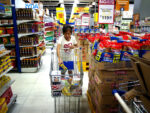Agriculture Secretary Francisco P. Tiu Laurel, Jr. on Thursday downplayed claims the impending import ban against frozen round scad, bonito and mackerel would undermine production of canned fish, particularly mackerel.
The Department of Agriculture, under Memorandum Order 14, will indefinitely suspend starting April 16 the issuance of sanitary and phytosanitary import clearances for the three pelagic species to prevent diversion to wet markets.
The suspension of issuance of SPS permits effectively bans the importation of round scad (galunggong), bonito (tulingan) and mackerel (alumahan), with around 100,000 tons finding their way to wet markets each year.
Memo 14, however, allows “the importation of mackerel for canning purposes provided the volume (is) based on VATable sales of the canned products from the previous year with additional ten percent (10%) of said sales for buffer.”
Sec. Tiu Laurel, a fish expert, explained that “technically, importers should be able to import 10 percent more than what they are using now. So, I don’t see any reason why they fear a possible shortage in the supply of mackerel for canning.”
The problem, the agri chief explained, is that if some “crafty” importers diverted and sold part of their frozen fish inventory to the wet markets, where the sale of marine products are exempted from value-added tax.
“The problem is diversion. If they (importers) imported mackerel and diverted it to wet markets, they will fall short [of their required supply],” he said
The agri chief said the implementation of Memo 14 later this month is precisely timed to coincide with the start of the open fishing season. The DA implements a closed season for several months in major spawning areas to allow fish to repopulate and grow undisturbed, ensuring bountiful supply.
Earlier, Tiu Laurel rejected suggestions to crack down on wet market vendors selling imported frozen galunggong, tulingan and alumahan, saying those who committed the illegal acts are the fish importers. By going after erring importers, the DA said it will protect local fishermen from unfair trade practices that undermine their livelihood as well as help government collect the right taxes.
“Alam mo yung mga tiga-palengke wala naman kasalanan ang mga yan eh… Ang may kasalanan yung mga nagpapasok at nagda-divert [ng imported fish]. Kawawa yung mga maliliit sa palengke, nagtatrabaho lang sila. So, I don’t think the crackdown will be in the palengke level,” he stressed.







